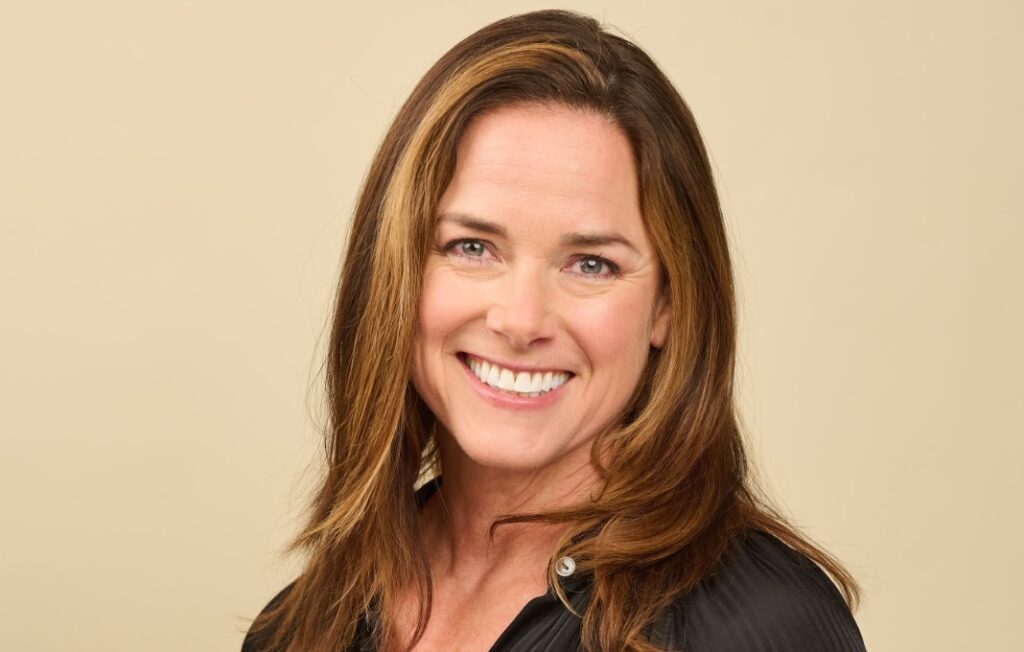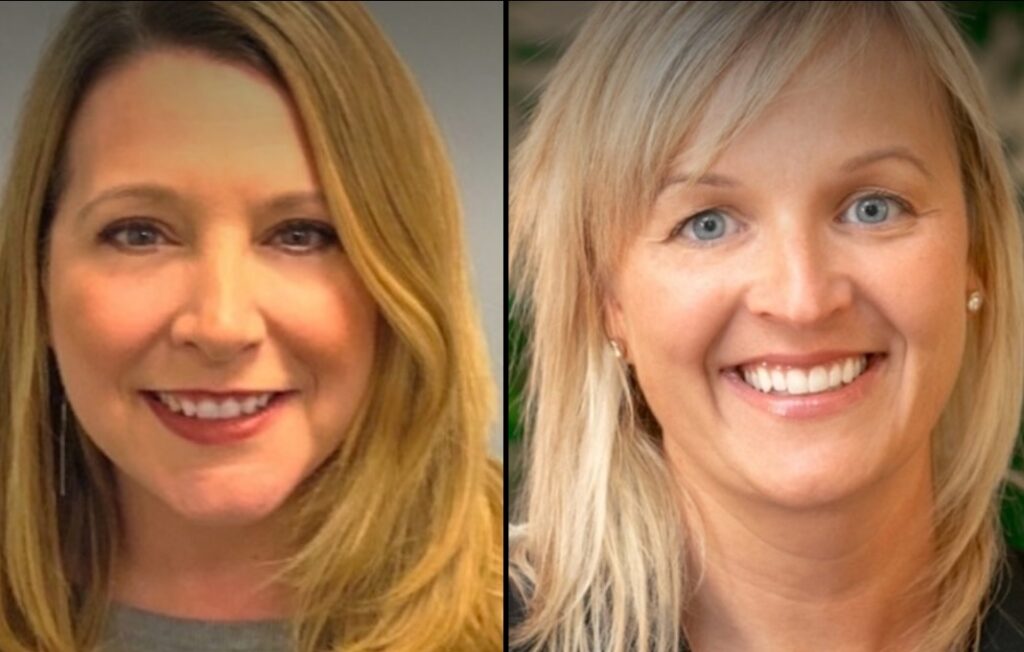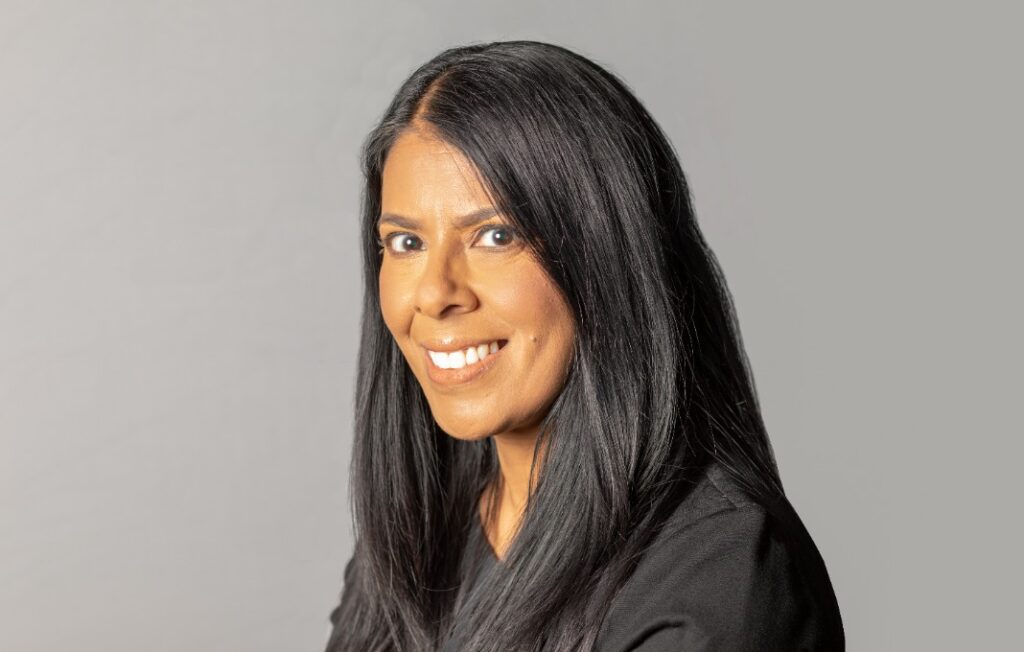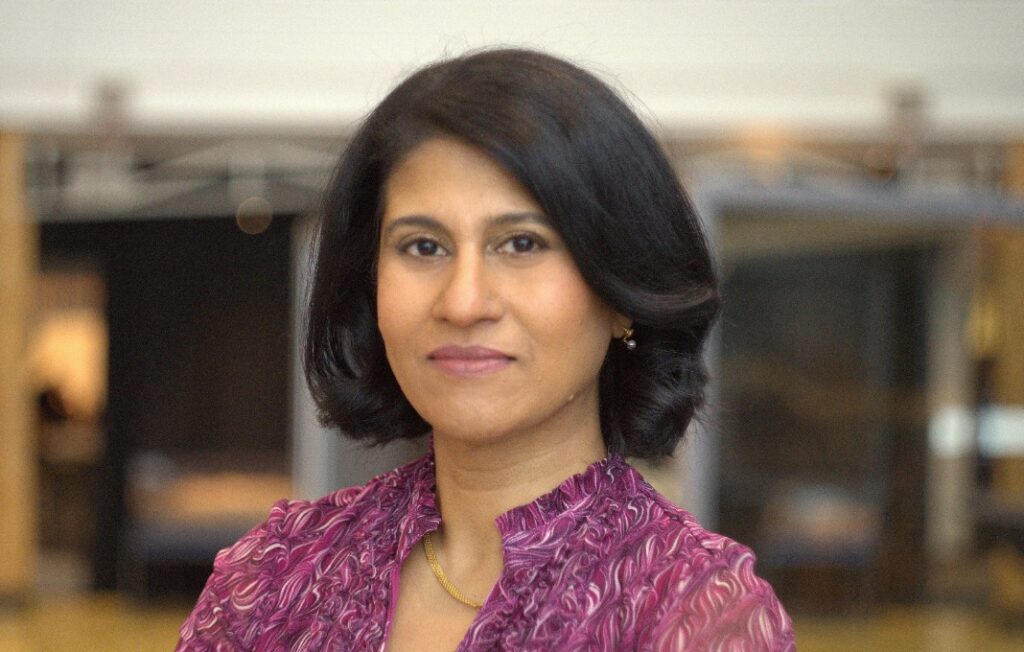No one has all of the answers. None of us. Yet so many struggle with the degree of vulnerability required to seek support and help from those around us. As this concept pertains to the workplace, the hierarchy of any organization will heavily influence how an individual may or may not seek help within—or even outside—of the organization. The example must be set from the top, with strong leadership cultivating a safe environment in which individuals feel confident seeking the help they need.
In today’s economy, most are operating in challenging environments where there’s immense pressure to perform and achieve. Executives have only one or two quarters to make an impressive impact, companies recycle teams in an effort to be more agile, and the slightest hint of an economic downturn places everyone on edge and in fear of being let go.
Now, more than ever, vulnerability is paramount. There’s no way around it, and no one is exempt, from entry level employees all the way up to the C-Suite. The challenge is effectively overcoming that universal hesitation we all experience, swallowing our pride and seeking help. “Asking for help” comes in all shapes and sizes; it could be as critical as needing mental health support, or as seemingly insignificant as needing a helping hand to get around that pesky error message on a new company laptop.
As a leader, asking for help can be especially daunting. An inspiring act of vulnerability, that much we know, but in an organization where productivity and reciprocity are prioritized, asking for help as an executive comes with baggage. Feelings of incompetence may creep in, but let’s be very clear, demonstrating this type of vulnerability does not make you a bad leader. There is massive strength to be found in being vulnerable and utilizing the people within your network in order to make good decisions.
Having worked with many in leadership positions, I’ve seen that the truth really is, it’s lonely at the top. It’s not uncommon for an executive to need help or expertise outside of their unique comfort zone, and come up empty handed in search of genuine support. Vulnerability, as defined with these specific individuals in mind, is embracing the reality that you might not always be right or have the answer. Acknowledging this fact allows you to ask thoughtful, intentional and objective questions, diminishing agendas of those around you.
Specific Steps
First, establish a working culture that enables all members of the organization to feel comfortable asking for help. Next, seek and establish good counsel. Mentorship is vital when big decisions are consistently being made in such a high stakes environment. Don’t fall victim to the mindset that you must have all of the answers at the top.
Many senior leaders have spent years building a network of trusted advisors. This is a great practice, but there’s often an added challenge in finding new advisors, especially as you ascend through an organization, in that those coming to you have a personal agenda.
Invest time and energy into building relationships with various mentors, peers or even colleagues outside of your organization. Identify those you can trust, those you admire and respect, and those who possess knowledge and experience outside of your area of expertise. Be candid and gracious with your requests; we have all experienced the flattery and positive feeling associated with our ability to help another in need. And extend a helping hand in the opposite direction when the opportunity presents itself.
Our fear of seeking help is, at its root, irrational. This fear is directly associated with being perceived as incompetent or socially rejected. In direct contradiction of this fear, however, is the data that indicates those who have mastered asking for help with finesse happen to be the most successful individuals. So let’s not forget that this is a skill, and like any other, it requires practice.
Forge on with the confidence and knowing that demonstrating this powerful blend of courage and vulnerability will empower those around you to do the same, ultimately strengthening the skill sets within your organization, and the camaraderie of your team as a whole.








